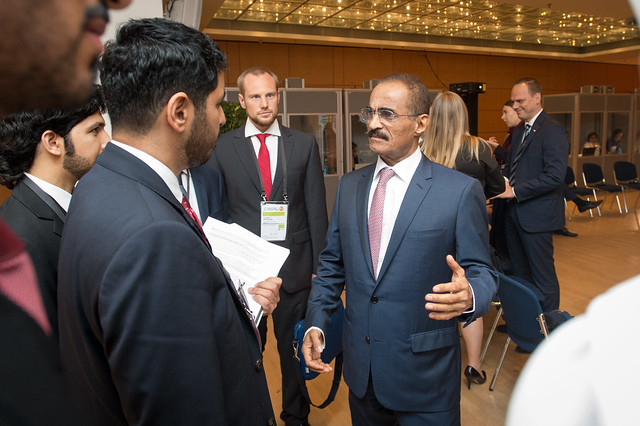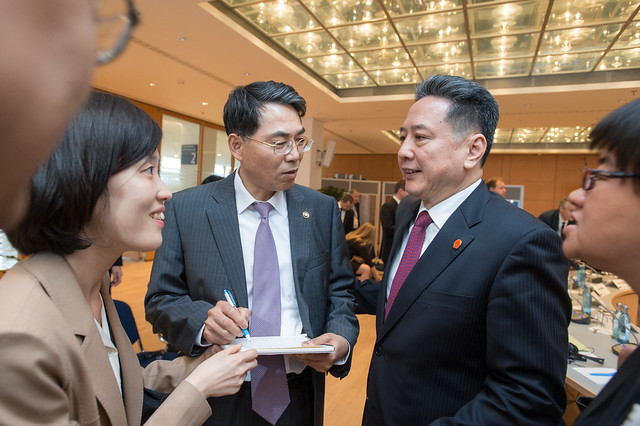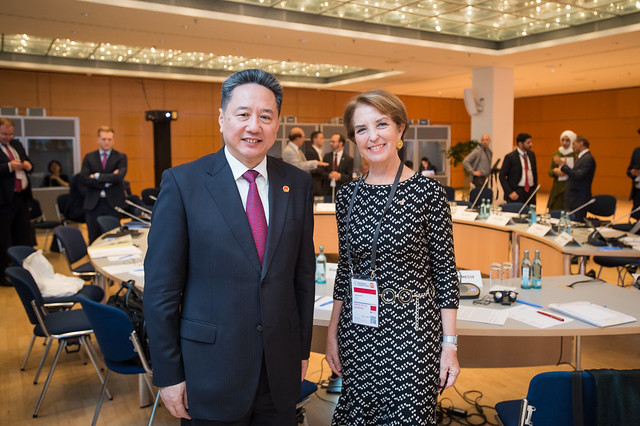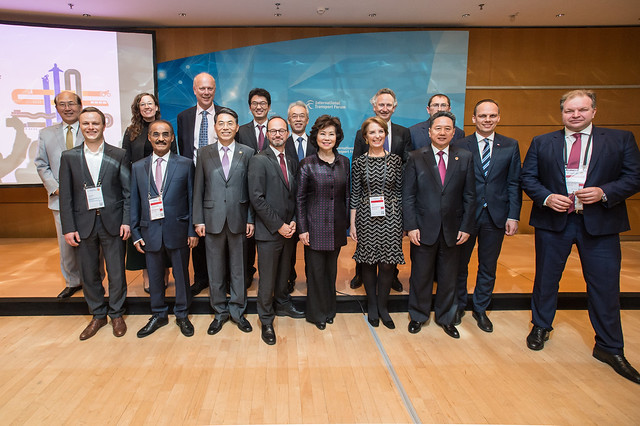Unprecedented innovation in passenger mobility transport services over the last decade has drastically changed around the world. Traditional centralised transport service provision, based around collective public transport services and taxis has been supplemented or replaced by new forms of services based on cheap and widely available telecommunications that provide decentralised and more personalised services to clients.
This transformational change has impacted traditional transportation services around the world and led to questions on how best to provide the right level of governance for these new services. Jurisdiction of these new forms of mobility varies from country to country or even city to city, and in some cases, being ignored by both. The provision of new mobility also provides potential opportunities to governments to formulate new economic, social and environmental policies, including increasing employment in key sectors of innovation.
In order to both enable and ensure the sustainable development of the mobility system, there are a number of well-defined areas in which governments intervene. These can be clustered into three broad headings of “public policy”, “market failure” and “investment as policy”. In this new mobility landscape, authorities become just one planning and arbitration actor amongst others, although they still have to cover market failures. Private entities or agents can act as service providers; however, governments may still be held accountable for services, performance, and responsibility, especially if things go wrong. The governance of the “Smart Mobility” transition may need to simultaneously address the “why” (the public policy function), “what” (the rules of the game), “who” (the networks of actors and their position, power and objectives) and “how” (the manner in which the public is involved and accountability and transparency are guaranteed). In assessing the need for changes to transport system governance to anticipate the impact of new mobility, governments also need to consider how these innovations could be used to support broader policy objectives and benefit their citizens.
This roundtable serves as a platform for transport Ministers to focus on some of the aforementioned issues with colleague Ministers, and stakeholders.
Suggested topics for discussion include:
- How can governments fulfil their obligations to ensure new mobility options are safe, inclusive, efficient and promote welfare for travellers without imposing additional barriers to innovation and delivery? How can more dynamic forms of mobility that are less centred on traditional transport hubs change infrastructure planning processes?
- How might governments develop strategies that enable the benefits from new mobility to be realised whilst managing potential risks? How do we ensure that we identify the benefits and risks from new mobility? (e.g. Data privacy)
- What levers, including financial or regulatory, do governments have to influence or improve outcomes under new mobility? What kind of best practice can be shared across countries?
- How can we ensure that the individual interests of “Smart mobility” companies do not collide with the interests of better access and less congestion in urban and rural areas? How do states or supranational governments allow competition and whilst maintaining accountability?
Background reading:
Speakers
Speakers

Michio Kikuchi
Vice-Minister for Engineering Affairs, Japan
Ministry of Land, Infrastructure, Transport and Tourism




























